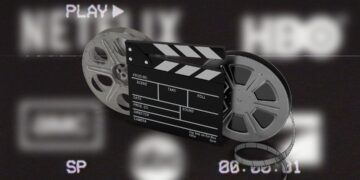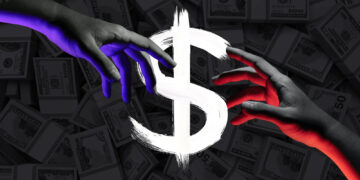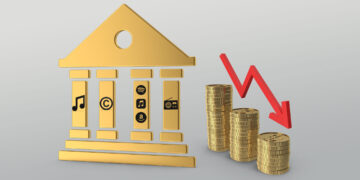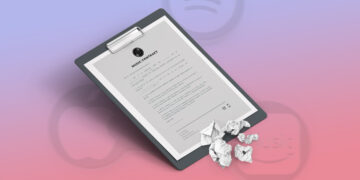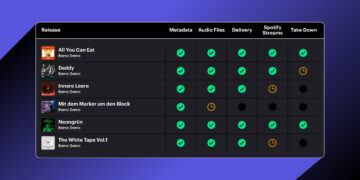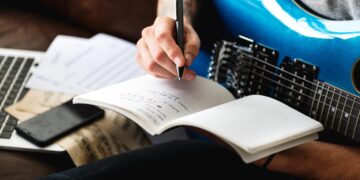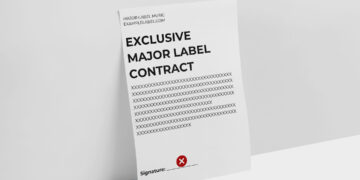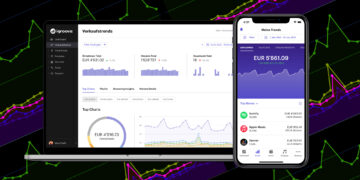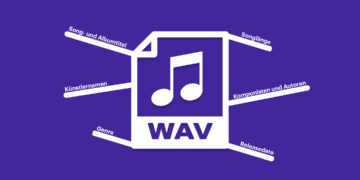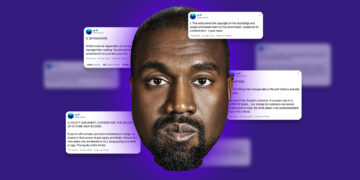How do I release a cover song? (Updated)
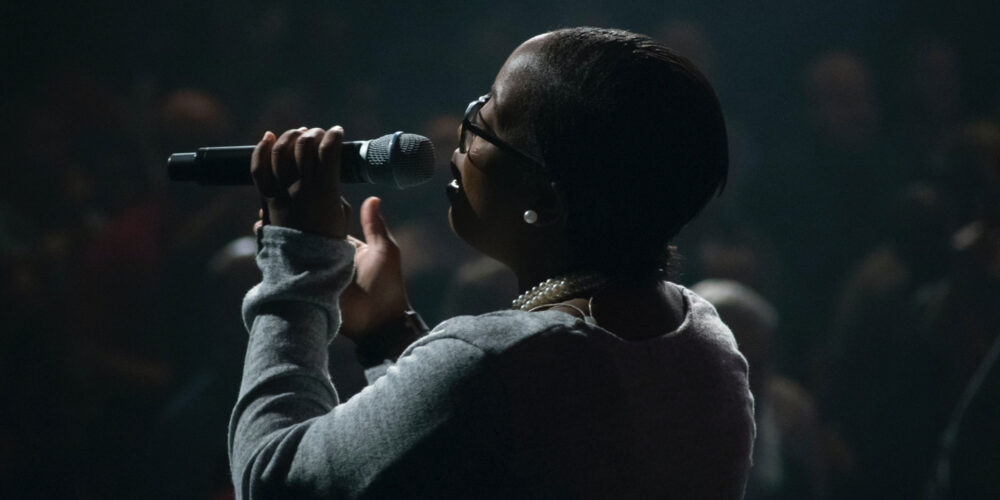
- When is a song a cover version and when not
- How you can legally release a cover version
- How the revenue of a cover is distributed
Note: This is an updated version of the post from December 8th, 2020. Additional points were added in December 2021, and further additions and specifications were made in October 2023. If you have any uncertainties, it is recommended to contact the relevant collecting society.
Many artists gain a lot of attention by uploading their versions of well-known songs without clearance on platforms like YouTube, SoundCloud, etc. However, it is also possible to legally release cover songs. We show you how.
Releasing a cover song is tricky because you are neither the composer nor the lyricist of the song and therefore do not own any copyrights to the track. However, a successful cover version can help you gain new listeners quickly. Luckily, you only need to consider a few points to legally release your version.
When is my song considered a cover?
Your song is only considered a cover if you closely adhere to the original. This means that the melody, lyrics, and song structure must remain unchanged. If your version deviates too much from the original, it will be considered an adaptation. In such cases, you must obtain permission from the rights holders. However, it should be noted that the boundaries between a cover and an adaptation are often fluid and not always clearly identifiable.
Using samples or releasing a remix without obtaining corresponding permission is not allowed, as these are always considered adaptations. In addition to copyright, sampling and remixing also affect the rights of the sound recording producers who own the original recording. Their permission must also be obtained.
Difference between streaming and download / physical release
Furthermore, it depends on the channels through which you want to make your cover version available. If the song is exclusively released on established streaming platforms such as Spotify, Apple Music, Deezer, or YouTube Music, they are obliged to take care of licensing with the collecting society through framework agreements. However, there are still some important considerations to keep in mind:
- When submitting your song to your distributor, make sure to provide the names of the original composers and lyricists.
- Additionally, label the song as a cover during registration (but not in the song title).
- The original song must be registered with a collecting society. If not, you must obtain permission directly from the rights holders.
If you also want to offer the song for download, for example on iTunes or Bandcamp, it becomes more complicated. Major download providers like iTunes and Amazon do compensate the authors worldwide, similar to streaming. However, in some countries, such as the United States, obtaining permission (mechanical license) from the rights holders for downloads is required. Therefore, you should not only consider the points mentioned above but also ensure you obtain permission from the authors in the US.
Please note that despite the current system of obtaining rights and compensating authors through streaming platforms and music stores, you as an artist ultimately remain responsible for obtaining permission and licenses. Therefore, always keep an eye on the current developments in the global music market and stay informed about changes and innovations.
If you plan to release the track physically on CD or vinyl, you will always need a separate license for that. You can obtain this license through collecting societies. Note: If you want to cover a song by a British artist, for example, you don’t necessarily have to contact the British collecting society. The collecting societies are all interconnected, so you can simply contact the one you are already working with.
Additionally, the points mentioned above for streaming must also be considered.
Revenue sharing
It is also important to know that the copyright share (publishing rights) is fully paid to the lyricists and composers of the original song. However, the sales revenue from the exploitation of the recording itself (master rights) remains with you.
If you follow all these rules, you now just need to figure out which song would best suit you as an artist.
